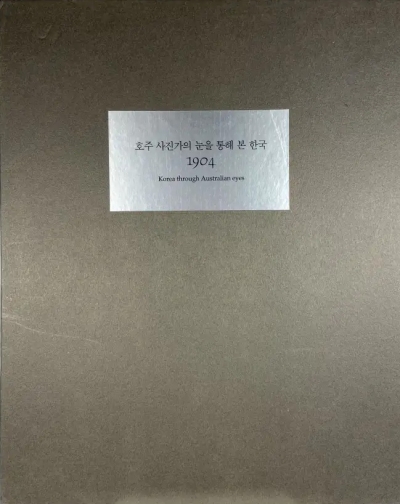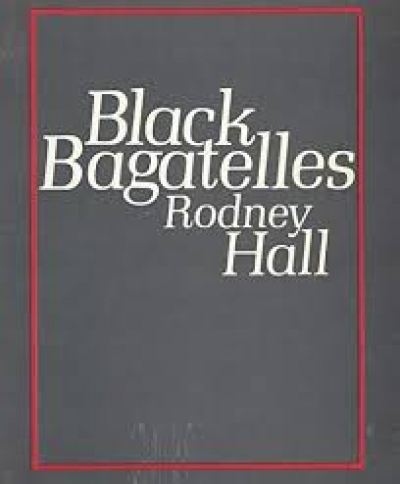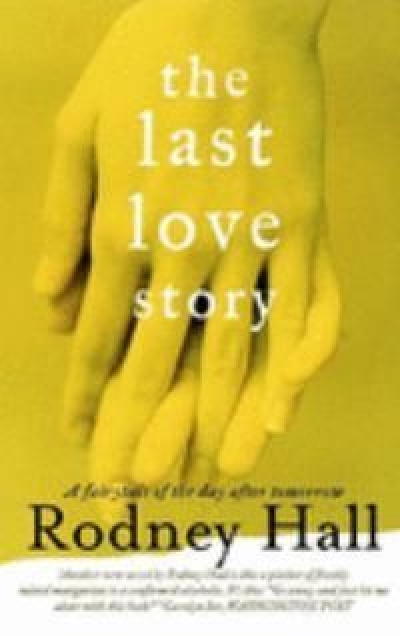Rodney Hall has always been a professional poet in the sense that he professes and declares – indeed, almost seems to make himself – in his poetry. The poetry seems to become a means of coping with experience; more, it becomes perhaps the central part of the experience. So it is in Black Bagatelles. But here, art and its expectations become less something for living than for dying by. Not that this book marks any great break with what has gone before, any rupture of identity. On the contrary, implicitly or explicitly, death has always been a major presence in his poetry. Its preoccupation with art and artifice represents, amongst other things, an attempt to give himself alms against oblivion. But in these poems the note of doomsday, sounded in the title of his first collection of verse, Penniless Till Doomsday; rings out, not portentously, but wittily, with immediacy and perception. Hall has always been concerned with masks, poses, the dance of experience. Now, the ‘masks compose themselves tableau-still’ and the source is revealed of the ‘desperate rustlings going on behind’. This source then is death, but not death majestical and metaphysical as Donne and the seventeenth century ‘knew him, not moralising and the servant of the mighty God as in the middle ages, but jester and joker, the one who calls the tune to life’s comedy, to
… the hold of
heart
on heart the band
of gristle the bloodtie
just
waiting to be
bled to death by a clever cut
...
(read more)





